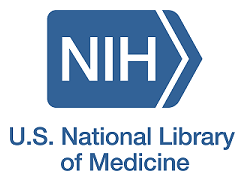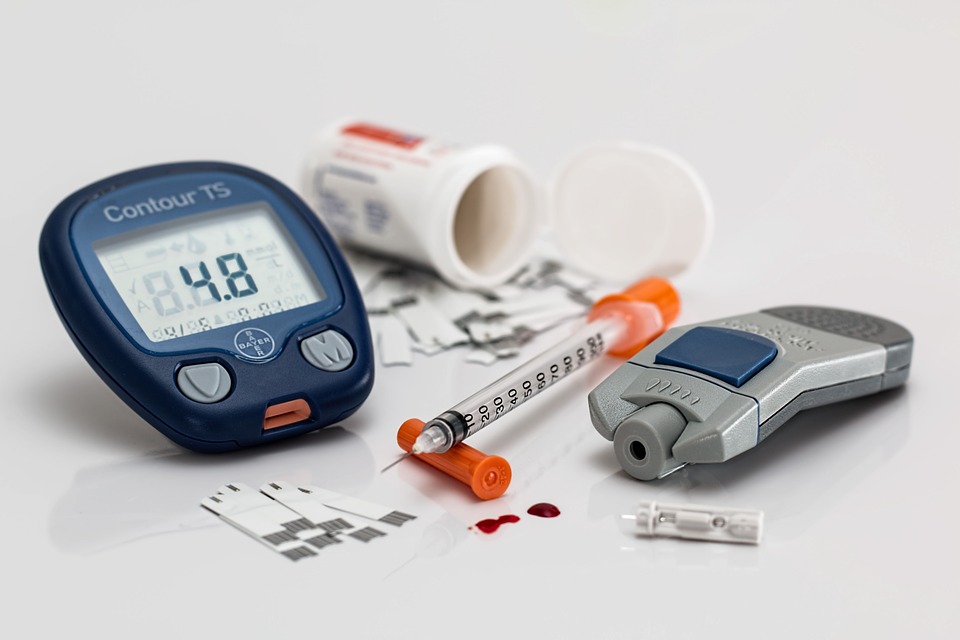

To Your Health: NLM update Transcript
Beyond A1C for diabetes treatment: 02/13/2017

Greetings from the National Library of Medicine and MedlinePlus.gov
Regards to all our listeners!
I'm Rob Logan, Ph.D., senior staff, U.S. National Library of Medicine (NLM).
Here is what's new this week in To Your Health - a consumer health oriented podcast from NLM - that helps you use MedlinePlus to follow up on weekly topics.
New research suggests a reduction in A1C, or blood glucose levels, may not always be the best approach to improve the health of adults with type two diabetes, finds an insightful viewpoint recently published in the Journal of the American Medical Association.
The viewpoint's two authors explain quality measures intended to reduce A1C levels for type two diabetes patients is not always the best treatment goal. The viewpoint's authors write (and we quote): 'The optimal glycemic control target will depend on patients' risk for complications, their preferences, and the strategy used to lower glucose levels' (end of quote).
Specifically, the viewpoint's authors suggest treatments for type two diabetes (and we quote): 'should be selected to target specific complications and inherent risks, not solely glucose levels' (end of quote).
For example, the viewpoint's authors note type two diabetes patients with heart disease may benefit more from treatment with drugs that lower this risk than medications intended to reduce blood glucose levels.
The viewpoint's authors (both from the Yale School of Medicine) add (and we quote): 'Setting an individualized glycemic target without accounting for the types and number of drugs needed to achieve it is no longer congruent with current evidence' (end of quote).
The viewpoint's authors explain current clinical guidelines promote glycemic targets for individuals, or try to lower blood sugar to pre-identified levels. Instead, the authors note recent clinical trials strongly suggest treatment plans might be based more contextually on: a patient's other illnesses; their propensity for hypoglycemia (low blood sugar); and importantly, a patient or caregiver's capacity to carry out often complex type two diabetes treatment plans.
Overall, the editorial's authors suggest physicians take a more multidimensional view about how to treat type two diabetes compared to current approaches.
Meanwhile, the Nemours Foundation provides a helpful website about the hemoglobin A1C test within the 'resources' section of MedlinePlus.gov's A1C health topic page.
The National Diabetes Education Program provides additional information about interpreting your blood sugar numbers also within the 'resources' section of MedlinePlus.gov's A1C health topic page.
MedlinePlus.gov's A1C health topic page additionally provides links to the latest pertinent journal research articles, which are available in the 'journal articles' section. Links to relevant clinical trials that may be occurring in your area are available within the 'clinical trials' section. You can sign up to receive updates about A1C as they become available on MedlinePlus.gov.
To find MedlinePlus.gov's A1C health topic page, please type 'A1C' in the search box on MedlinePlus.gov's home page, then, click on 'A1C (National Library of Medicine).' MedlinePlus.gov additionally has health topic pages devoted to: type two diabetes, hypoglycemia, and diabetes.
We also note the coincidence that the JAMA viewpoint about improving diabetes treatment was published the last week of actress Mary Tyler Moore's life. Mary Tyler Moore detailed diabetes' deleterious impact on her health in the inaugural issue of NIH Medline magazine, which was published in 2006. The actress, whom many regarded as a professional role model, championed diabetes research and treatment for much of her adult life. We join the tributes to Mary, a hats off humanitarian who personified the perseverance and positive attitude it takes to live with diabetes.
Before I go, this reminder... MedlinePlus.gov is authoritative. It's free. We do not accept advertising .... and it is written to help you.
To find MedlinePlus.gov, just type 'MedlinePlus.gov' in any web browser, such as Firefox, Safari, Chrome, or Explorer, on any platform.
We encourage you to use MedlinePlus and please recommend it to your friends. MedlinePlus is available in English and Spanish. Some medical information is available in 48 other languages.
A written transcript of recent podcasts is available by typing 'To your health' in the search box on MedlinePlus.gov's home page.
The National Library of Medicine is one of 27 institutes and centers within the National Institutes of Health. The National Institutes of Health is part of the U.S. Department of Health and Human Services.
A disclaimer — the information presented in this program should not replace the medical advice of your physician. You should not use this information to diagnose or treat any disease without first consulting with your physician or other health care provider.
It was nice to be with you! Please join us here next week and here's to your health!


































No hay comentarios:
Publicar un comentario